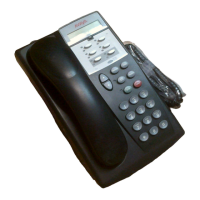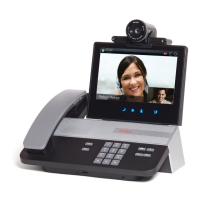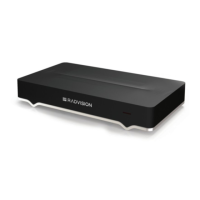3 Setting Up Your System
30 Customizing Extensions
Quick Reference Guide
• Call Waiting (#316), to identify tip/ring telephone extensions that can
receive the system (not the local telephone company) call-waiting tone for a
second incoming call when active on a call.
• Outgoing Call Restriction (#401), to prevent the extension from making
certain types of outgoing calls on all system lines.
• Disallowed/Allowed List features
– Disallowed List Assignments (#405), to assign one or more Disallowed
Phone Number Lists to the extension.
– Disallowed Phone Number Lists (#404), to create the lists of outside
numbers that extensions cannot dial.
– Allowed List Assignments (#408), to assign one or more Allowed
Phone Number Lists to the extension.
– Allowed Phone Number Lists (#407), to create the lists of outside
numbers that otherwise-restricted extensions can dial.
• Pickup Group Extensions (#501), Calling Group Extensions (#502), Night
Service Group Extensions (#504), and Hunt Group Extensions (#505), to
place the extension in any of these groups.
• Fax Machine Extensions (#601), Doorphone Extension (#604 and #605),
Doorphone Alert Extensions (#606), AA Extensions (#607), External
Hotline (#311), or Hotline (#603), to identify the extension as one of these
equipment types.
Copy Settings (#399)
Set up your system by programming one extension for each type of telephone in
the system. Then use Copy Settings (#399) to program other telephones of the
same type. For example, you can program one PARTNER-18D telephone and
then copy its settings to any other extensions that have PARTNER-18D or
PARTNER-18 telephones.

